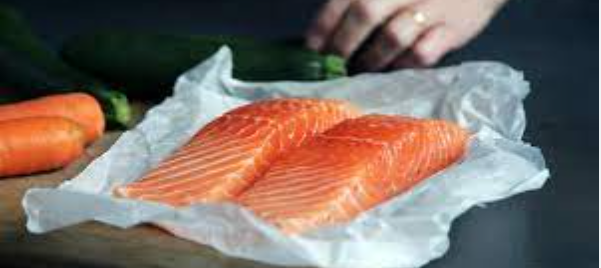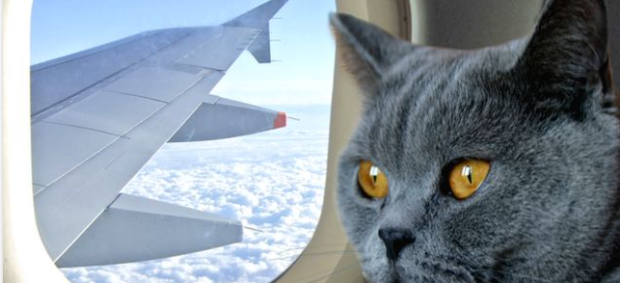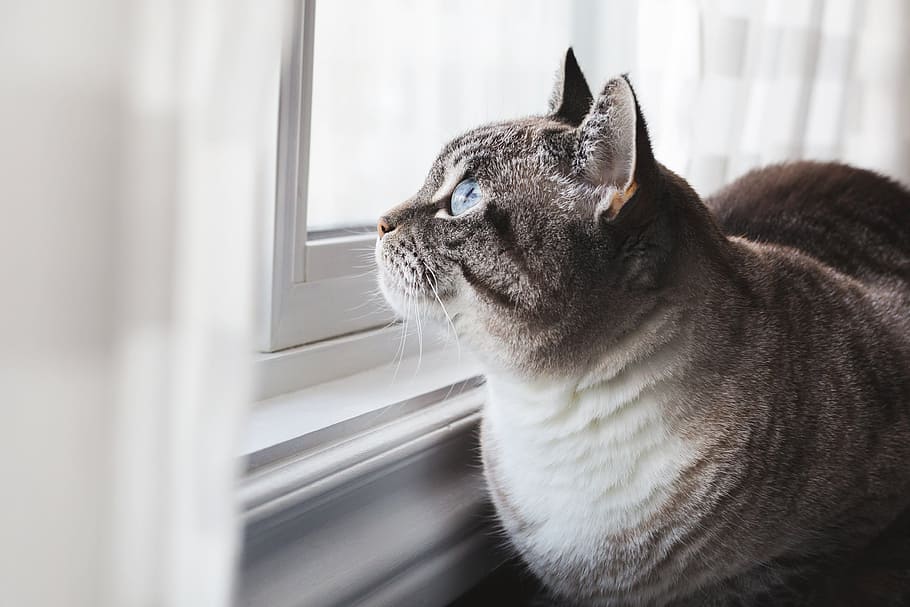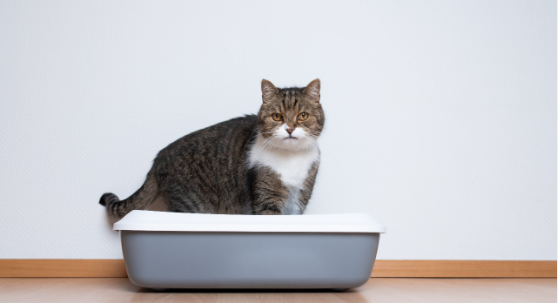Can Cats Have Salmon?
A Nutritional Analysis
Cats being obligate carnivores, it is no surprise that their diet should primarily consist of meat. However, it is crucial to consider the nutritional composition of the meat they consume, as different types and preparations can either positively or negatively affect their health.
One such example is salmon. Though a common human delicacy and often touted as a superfood for its high levels of omega-3 fatty acids, vitamins B12 and D, and protein content, there is much debate on whether or not cats can safely consume salmon.
The Importance of Knowing What Cats Can and Cannot Eat
As a pet owner, it is essential to be vigilant about what your furry friend eats. While some human foods may seem harmless or even nutritious for animals, they may contain compounds that are toxic to pets or cause adverse reactions in their digestive system. Furthermore, certain types of food can cause nutritional imbalances that lead to health problems over time.
For instance, although salmon contains many beneficial nutrients on paper, feeding it in large amounts or as the only source of protein for your cat can lead to thiamine deficiency and an increased risk of urethral obstruction. Therefore, educating oneself on what cats can and cannot eat is crucial for maintaining their good health and longevity.
In this article, we will delve into whether cats can consume salmon safely by examining its nutritional profile and weighing the potential benefits against the risks. By the end of this article, you will have a better understanding of whether you should add salmon to your cat’s diet or keep it off-limits entirely based on their individual needs.
Can Cats Eat Salmon?
Nutritional benefits of salmon for cats
Salmon is a fish that is packed with nutrients that are beneficial for cats. It is rich in omega-3 fatty acids, which help to promote healthy skin and coat, reduce inflammation, and support cognitive health.
Additionally, salmon is a good source of protein, which supports muscle development and maintenance. It also contains essential vitamins and minerals such as vitamin D, vitamin B12, and selenium.
Risks associated with feeding salmon to cats
While salmon can be a nutritious addition to your cat’s diet, there are also some risks associated with feeding it to them. One of the main concerns is the potential presence of high levels of mercury and other toxins in certain types of salmon. These toxins can accumulate in the fish over time due to pollution in their habitat or due to their diet.
Another risk associated with feeding salmon to cats is the potential for bacterial infections from raw or undercooked fish. Salmonella and other harmful bacteria can be present in raw or undercooked salmon and can cause serious health problems for your cat if consumed.
Some cats may be allergic to salmon or certain proteins found within it. If your cat experiences symptoms such as vomiting, diarrhea, or itching after consuming salmon, they may have an allergy and should avoid it in the future.
Preparing Salmon for Cats
Cooking methods that are safe for cats
Salmon is a healthy and nutritious food for cats. However, it is important to ensure that the salmon is properly prepared before serving it to your feline friend.
One of the safest cooking methods for salmon is grilling or baking it. This not only ensures that the salmon is cooked thoroughly but also enhances its taste.
Grilling or baking
When grilling or baking salmon for your cat, it is important to avoid using any seasonings or spices, as these can cause digestive problems and even harm your cat’s health. Instead, you can add some moisture to the fish by lightly brushing olive oil on it before grilling or baking.
Avoiding seasonings and spices
As mentioned earlier, seasoning the salmon with salt or any other spice can be harmful to your cat’s health. Salt intake can lead to dehydration in cats, which can result in serious health issues like kidney failure. Moreover, certain spices like garlic and onion are toxic for cats and should be strictly avoided.
Removing bones and skin before serving
It is essential to remove all bones from the salmon before serving it to your feline friend as they pose a choking hazard. Salmon skin should also be removed as it contains fat which may upset a cat’s stomach if eaten in large amounts.
Alternatives to feeding raw or cooked salmon
If you don’t want to feed your cat raw or cooked salmon, there are many alternatives available in the market that provide similar nutritional benefits without any risks. Some of these include commercially available canned wet food that contains high-quality protein sources such as tuna fish, chicken, beef liver, etc., freeze-dried meat treats made from chicken breast strips, etc., which are rich in protein and low in fat. You can also consult with your veterinarian for other options that are specifically tailored to your cat’s dietary needs and preferences.
Health Benefits of Feeding Salmon to Cats
Feeding salmon to cats can have many health benefits, especially when given in moderation. One of the primary advantages is that salmon is an excellent source of omega-3 fatty acids.
These essential fatty acids cannot be produced by your cat’s body, meaning they must be obtained through their diet. Omega-3s are crucial for promoting healthy skin and a shiny coat in cats, as well as supporting overall joint health.
They have anti-inflammatory properties that help protect against arthritis and other inflammatory conditions. In addition to omega-3s, salmon is also high in protein, which is essential for your cat’s muscle development and maintenance.
The amino acids found in protein are the building blocks of muscle tissue and help support overall growth and repair throughout your cat’s life. This can be especially important for growing kittens or senior cats who may experience muscle loss due to age-related changes.
Promoting Healthy Skin and Coat
The omega-3 fatty acids found in salmon play a significant role in promoting healthy skin and a shiny coat in cats. These fats help maintain the skin’s moisture barrier, preventing dryness and flakiness that might lead to skin irritation or infection if left unaddressed. Additionally, omega-3s have been shown to reduce inflammation throughout the body, including the skin, which can help alleviate symptoms of allergies or other inflammatory conditions that might cause itchiness or redness.
If you notice your cat has dry or itchy skin or a dull coat, adding small amounts of cooked salmon to their diet might improve these issues over time. However, it’s essential not to overdo it with fishy treats as too much fish can lead to digestive upset or even poisoning if contaminated with pollutants such as mercury.
Muscle Development and Maintenance
Another significant benefit of feeding salmon to cats is its high protein content, which is essential for muscle development and maintenance. Cats require a diet rich in protein to support their natural carnivorous tendencies, as they rely heavily on animal-based proteins to obtain the amino acids necessary for growth and repair. Protein also supports overall energy levels and helps maintain a healthy weight in cats.
If your cat is active or growing, it may need even more protein than usual to keep up with its body’s demands. Feeding small amounts of cooked salmon can be an excellent way to boost your cat’s protein intake without relying solely on commercial pet foods.
Conclusion:
Feeding salmon to cats can provide many health benefits when given in moderation. The omega-3 fatty acids found in salmon promote healthy skin and coats while also supporting overall joint health.
Salmon’s high protein content makes it an excellent choice for supporting muscle development and maintenance and promoting a healthy weight. However, it’s essential not to overdo it with fishy treats as too much fish can lead to digestive upset or even poisoning if contaminated with pollutants such as mercury.
Risks Associated with Feeding Salmon to Cats
Potential exposure to toxins such as mercury
While salmon can be a healthy addition to a cat’s diet, it is important to consider the potential risks associated with consuming this fish. One such risk is the exposure to toxins such as mercury. Salmon is a type of fish that can accumulate high levels of mercury due to pollution in the waters where they are caught.
Mercury is a neurotoxin that can cause harm to cats at high levels, leading to symptoms such as tremors, weakness, and seizures. It’s important to note that not all types of salmon have high levels of mercury.
Wild-caught Alaskan salmon has been found to have lower levels compared to farmed Atlantic salmon. To minimize the risk of mercury exposure, it’s recommended that you purchase high-quality salmon from reputable sources and limit your cat’s intake.
Risk of bacterial infections from raw or undercooked salmon
Another risk associated with feeding salmon to cats is the potential for bacterial infections from raw or undercooked fish. Raw or undercooked salmon can contain harmful bacteria and parasites such as listeria, E.coli, and Vibrio species. These bacteria can cause food poisoning in cats and lead to symptoms such as vomiting, diarrhea, fever and lethargy.
To minimize the risk of bacterial infection, it’s advisable that you cook salmon thoroughly before feeding it to your cat. Cooking methods like grilling or baking are safe for cats but avoid adding seasonings or spices when preparing the fish as they may contain ingredients that are toxic for felines.
Allergic Reactions
Some cats may develop allergic reactions after consuming salmon even if it has been cooked properly. Symptoms of an allergic reaction in cats include itching skin rash especially around the face neck area ears paws sneezing vomiting diarrhea difficulty breathing and coughing. In severe cases, an allergic reaction can cause anaphylaxis which is a life-threatening condition that requires immediate medical attention.
While salmon is generally safe for cats to eat, it’s important to monitor your cat for any signs of an allergic reaction or adverse effects after consumption. If you notice any symptoms, discontinue feeding your cat salmon and consult with your veterinarian.
Conclusion
While salmon can be a healthy and nutritious addition to your cat’s diet, it’s essential to be aware of the potential risks associated with feeding this fish. To minimize the risk of toxin exposure and bacterial infection, always purchase high-quality salmon from reputable sources and cook it thoroughly before serving it to your cat.
Additionally, be mindful of any potential allergic reactions that may occur in some cats after consuming this fish. With the right precautions in place, salmon can be a safe and beneficial addition to your cat’s diet.




